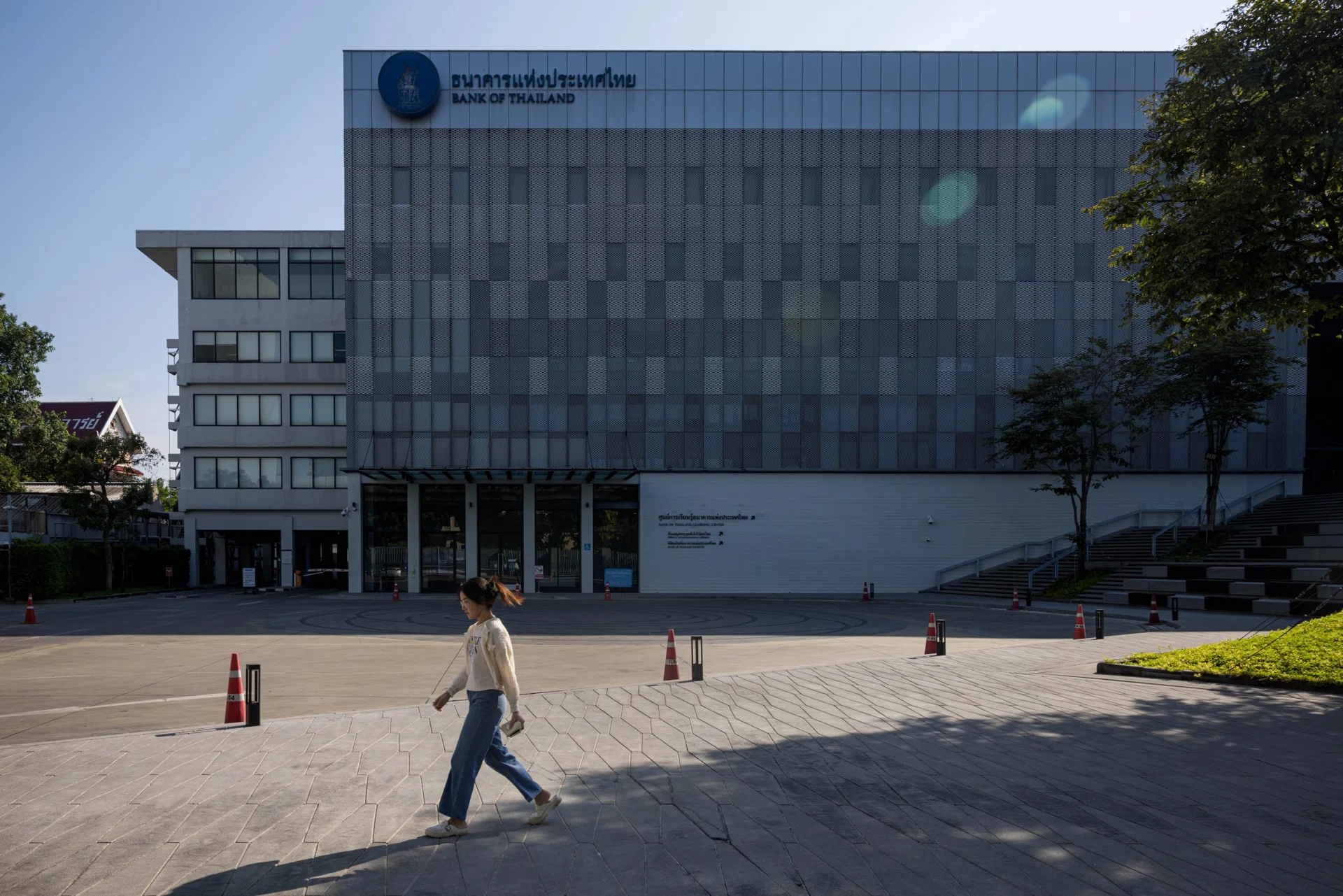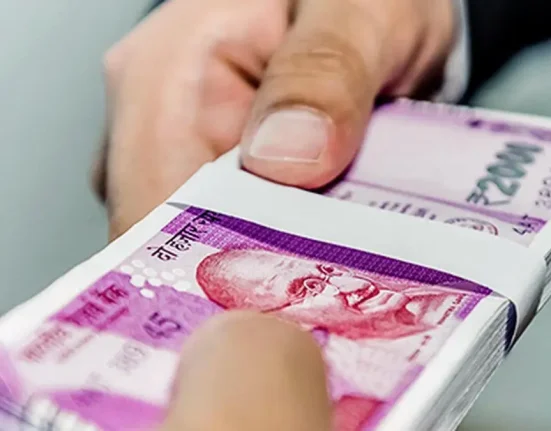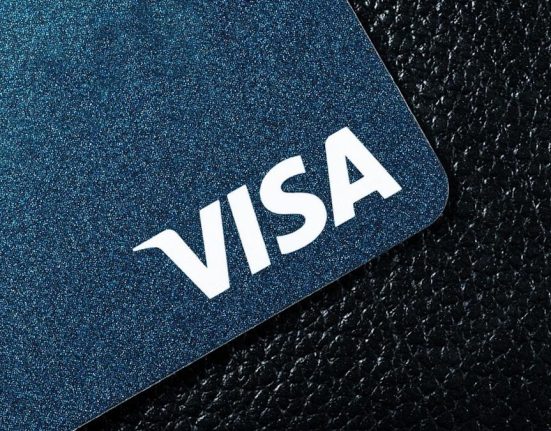[BANGKOK] Thailand is shaking up its sleepy banking sector.
The Thai Finance Ministry’s decision to grant virtual bank licences to three consortiums on Jun 19 is set to inject fresh competition to Thailand’s staid financial sector – but for these newcomers, turning a profit may prove elusive.
Five consortiums threw their hats into the ring in February 2024, vying for a shot at Thailand’s first new bank licences in decades. Only three made the cut. The winners must launch fully operational virtual banks within a year, each backed by at least five billion baht (S$196.4 million) in startup capital.
The three successful bidders are:
-
Ascend Money, owned by Charoen Pokphand Group (CP Group) and the main stakeholder in the TrueMoney e-wallet, backed by Ant International (an affiliate of Alibaba);
-
SCB X, the holding company of Siam Commercial Bank, in partnership with South Korea’s Kakao Bank and China’s WeBank, both established digital banks; and
-
Krungthai Bank, which has teamed up with telecom operator AIS (a unit of Gulf Energy) and OR, the retail arm of state energy giant PTT.
The two bidders who lost out were a Bangkok Bank-led consortium with Singapore’s Sea Group, and a grouping of BTS Group (the Skytrain operator), Thailand Post, Saha Group and Lighthub Asset Group, which teamed up with Hong Kong-based fintech WeLab.
The Bank of Thailand (BOT) hailed the move to award the new licences as a way “to help promote healthy competition in the system both in terms of quality and price… without affecting stability of the financial system”.
A NEWSLETTER FOR YOU

Friday, 8.30 am
Asean Business
Business insights centering on South-east Asia’s fast-growing economies.
This means the central bank does not expect the virtual banks to be particularly disruptive of the well-established, very stable and quite profitable existing commercial bank system.
Thailand has around 16 commercial banks, but the top six – Bangkok Bank, SCB, KBank, Krungthai, Krungsri and ttb – dominate the market, accounting for 82 per cent of all loans and deposits.
There are also several government-owned banks set up to provide financial access for the “underbanked” including SME Bank, Government Savings Bank, Bank of Agriculture and Agricultural Cooperatives, and the Islamic Bank of Thailand.
Expanding financial access
The new virtual banks are expected to focus on expanding financial access by targeting Thailand’s “underbanked” population, rather than merely poaching customers from the incumbent banks.
But some are not convinced. “I am sceptical because the market is pretty saturated,” said Parson Singha, banking sector analyst at Fitch Ratings Thailand. “It is going to be pretty difficult for them to get market share.”
Thailand’s commercial banks and their state-run counterparts have done a reasonably good job over the years in extending credit to corporates, homebuyers, car owners, credit card users and even small and medium-sized enterprises. The result is that Thailand now has one of the highest household debt levels in Asia, with debt amounting to 89 per cent of gross domestic product.
That high ratio has barely budged over the past decade of sluggish growth – largely because GDP, the denominator in the household debt equation, has remained weak.
“The problem is not the lack of credit, but the lack of growth, lack of income,” said Singha. “At the end of the day, it depends on the wider economy as well, and this is not a great economy to bank in.”
Thailand’s GDP is now projected to grow 1.6 to 1.8 per cent – one of the lowest rates in the region.
While GDP growth was decent in H1 2025, driven by exports and tourism, these two engines are expected to lose steam in H2. This is when US President Donald Trump’s tariffs may kick in, leading geopolitical tensions to worsen and domestic politics to become more uncertain.
No one’s expecting a sudden turnaround when the new virtual banks enter the market, slated for June 2026. But observers believe the new banks could begin making waves within the next three years.
Of the three licensees, the one with the most “disruptive potential” is the one led by True Money. This is due to its significant reach in the country’s key sectors, from telecoms (True Corp, with 36 million subscribers) and agribusiness (chicken, pork, shrimp farms, feed and processed foods) to retail, where it has a presence in 15,000 7-Eleven outlets, Lotus’ supermarkets and Makro wholesale stores – and now, banking.
CP has been operating e-wallet True Money since 2003, and currently has an estimated 20 million users – higher than some banks’ customer bases. The app allows investors to make deposits and withdrawals (currently via a connection with Kiatnakin Phatra Bank), and invest in stocks and bonds.
A virtual bank licence gives the e-wallet provider the option to sever ties with Kiatnakin Bank and focus instead on building synergies across the vast CP Group ecosystem.
“With the banking licence, they can reach out to all those 20 million people right away, and most of them are living upcountry and are currently underserved… (they) will disrupt,” said Chonladet Khemarattana, president of Thai Fintech Association.
He pointed out that the real gamechanger is access to alternative data such as spending patterns and revenue flows captured through the e-wallet platform.
With a banking licence, True Money can also start providing more financial services to the CP Group, such as supply chain finance and cash management at CP’s 15,000 7-Eleven outlets.
Meanwhile, SCB X stands to benefit from technology transfer from Kakao and WeBank (Tencent Group), while Krungthai has access to the AIS data base – some 50 million subscribers – as well as its own banking data.
Note that Krungthai was used as a conduit for the government’s various relief programmes during Covid-19, and has thus acquired personal data on millions of underbanked Thais.
While each consortium brings its own strengths to the table, they will all have to grapple with Thailand’s lacklustre economy alongside the challenge of making partnerships work. The track record does not imbue much confidence.
“All of them are individually good, but can they cooperate?” asked Chonladet. “To be honest, I haven’t seen many successful joint ventures or consortiums in Thailand.”







